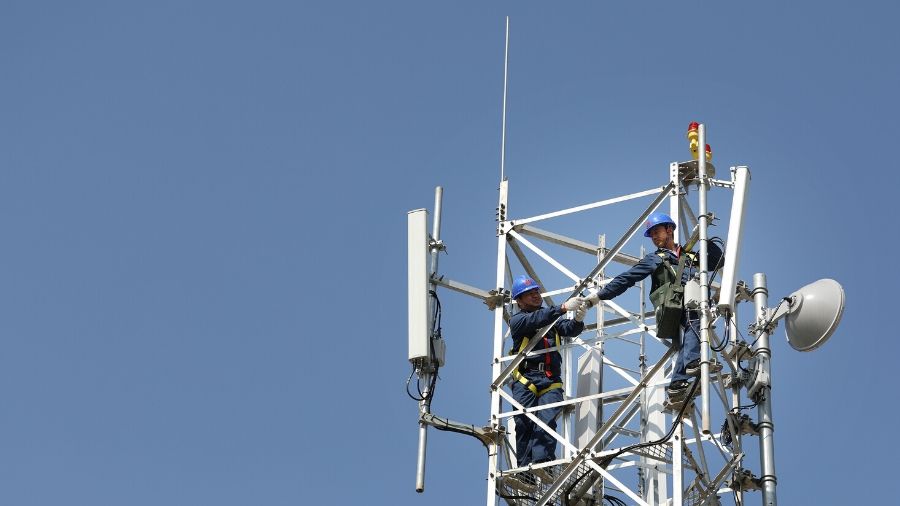UK 2G and 3G networks will be switched off by 2033
Government wants to accelerate 5G and OpenRAN development

The UK’s 2G and 3G networks will be switched off by 2033 as part of plans to promote the development and rollout of 5G services and to diversify the telecommunications supply chain.
The government says the sunsetting of the aging networks will accelerate the UK’s 5G ambitions and pave the way for future 6G services that deliver a range of benefits for individuals, businesses and society.
The majority of mobile data is now transmitted via 4G, while Voice over LTE (VoLTE) technology means such networks can also handle the majority of calls. Meanwhile the number of people reliant on 2G and 3G is relatively low.
UK 2G and 3G
Agreements with all four operators have been reached, although it is probable that 3G will be retired before the cut off date as the wider availability of 4G in rural areas reduces the need to maintain inferior infrastructure.
Switching off 3G allows operators to reuse valuable spectrum for 4G and 5G networks which are more complementary technologies. Operators can also retire impractical, power-hungry legacy equipment to reduce costs.
It is almost certain that 2G will outlast 3G because its wide coverage and comparatively lower power requirements that make it an ideal standard for mass IoT deployments that require long battery life and minimal bandwidth, such as smart metres. Some elderly and rural users also require 2G which also offers a more universal roaming service.
“5G technology is already revolutionising people’s lives and businesses - connecting people across the UK with faster mobile data and making businesses more productive,” said culture secretary Nadine Dorries.
Are you a pro? Subscribe to our newsletter
Sign up to the TechRadar Pro newsletter to get all the top news, opinion, features and guidance your business needs to succeed!
“Today we are announcing a further £50 million to put the UK at the forefront of mobile connectivity and to make sure our telecoms networks are safe and secure now and in the future.”
“We can only do this through stronger international collaboration and I will be meeting with our US allies today as we strengthen our ties on technology.”

OpenRAN development
One particular barrier to 5G rollout is the ban on Huawei equipment, reducing the number of suppliers for operators to choose from. This situation could in theory increase costs and reduce innovation.
The government has made it a priority to diversify the supply chain by inviting new entrants like NEC and Samsung, while encouraging the development of OpenRAN technologies. OpenRAN is a vendor-neutral approach to Radio Access Network (RAN) with standardised designs that allow a variety of firms to supply hardware and software.
This means operators benefit from increased innovation from a wider range of suppliers, reduced costs, and greater flexibility because the threat of vendor lock-in is reduced.
Ministers now want OpenRAN kit to carry 35% of UK mobile traffic by the end of the decade and is releasing £51 million in funding to boost the ecosystem. Winners of a government competition will receive £36 million, while a new testing and compatibility site will receive a £15 million investment.
“Mobile UK and its members welcome the government’s statement,” added Hamish McLeod, director if industry body Mobile UK. “Switching off 2G and 3G will enable operators to transition fully to more energy efficient and high capacity networks to the benefit of customers. We are also working with government and wider industry to support the maturity of new RAN solutions to open up further opportunities for innovation and new services in the future.”
- If you're still on 3G then you should check out the best best 5G phones available today
Steve McCaskill is TechRadar Pro's resident mobile industry expert, covering all aspects of the UK and global news, from operators to service providers and everything in between. He is a former editor of Silicon UK and journalist with over a decade's experience in the technology industry, writing about technology, in particular, telecoms, mobile and sports tech, sports, video games and media.